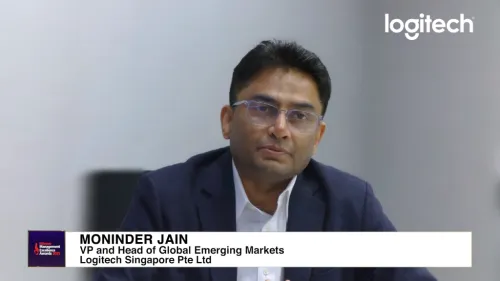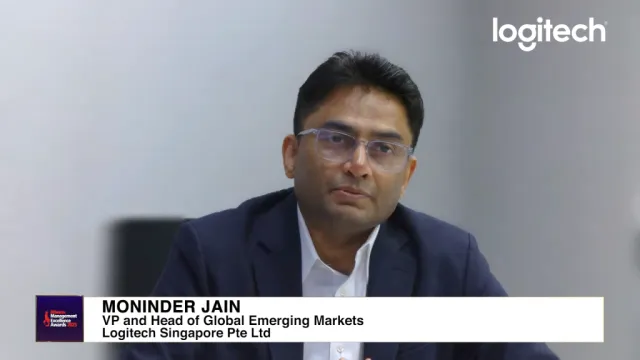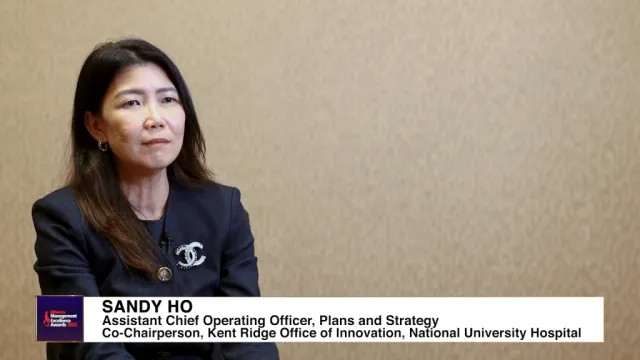Join the community
Thought Leadership Centre
Most Read
1. Singapore to slash CDC vouchers as Budget 2026 pivots to defence 2. Budget 2026 to surge tech funding as ageing workforce squeezes growth: analysts 3. OCBC and UOB to reverse year-long NIM slide in Q4 4. E-ang bao use jumps nearly 50% in 2025 as seniors ditch red packets: OCBC 5. UOB set for growth as DBS, OCBC earnings hold steady: reportResource Center
Awards
Apr
14
Event News
Singapore Business Review Management Excellence Awards 2025 Winner: Moninder Jain of Logitech Singapore Pte Ltd
Moninder Jain of Logitech Singapore highlights how human and AI collaboration strengthened the company’s market position.


 Advertise
Advertise
















Commentary
Financial education vital for SMEs to stay afloat amid and beyond the Covid-19 outbreak
Financial education vital for SMEs to stay afloat amid and beyond the Covid-19 outbreak
Singapore's Fintech market in 2020: coronavirus and new business realities
COVID-19 and the challenge of off-site connectivity: The view from Singapore
Navigating business through chaotic times in Singapore: five ways to evolve in a post-pandemic world
How the Coronavirus Crisis is Changing Our Approach to Work and Leadership in Singapore
Singapore's secret to good data management
Shoring up brand reputation against COVID-19 turbulence
The makings of a hyper-connected Singapore
Singapore must look for new win-win partnerships to ensure its food security
UBI could seal the widening financial cracks in Singapore but there are significant downsides
The Case for UBI in Singapore (the perspective from a Southeast Asian voice)
Opening the door to better digital banking experiences for Singapore's customers
COVID-19 is a wake-up call for our fragile supply chains
Singapore Fintech in a Time of COVID-19
Investing in the food revolution in Singapore and beyond
Why Business Continuity Planning of IT infrastructure is a must for Singaporean companies to survive Covid-19
Are landed properties in Sentosa good opportunities in this Covid-19 crisis?